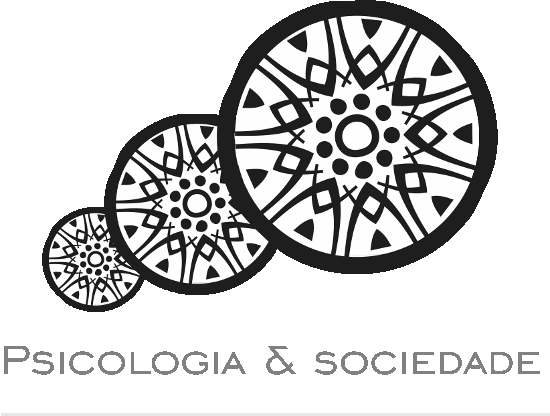Childhood has been understood traditionally by universal, developmental, naturalizing concepts. However, Jean-Paul Sartre presents a comprehension about this subject that can help to answer some questions in the contemporary debate. This author looks to childhood like an historical event, influenced and differentiated by the complex dialectic of the social context. So, we cannot speak about only one childhood but we can find so many childhoods like the complexity of the context. This discussion breaks away from the notion of naturalization and universalization. Another understanding of this author about the childhood is: the children forge their being dealing with family projects and their relationships. This conflict makes the rupture with the determinism and creates a new reality and a new being project. Also, Sartre breaks with the adult centered vision because he points that children have a real knowledge. They are not only passive beings.
childhood; confrontation of projects; Jean-Paul Sartre
